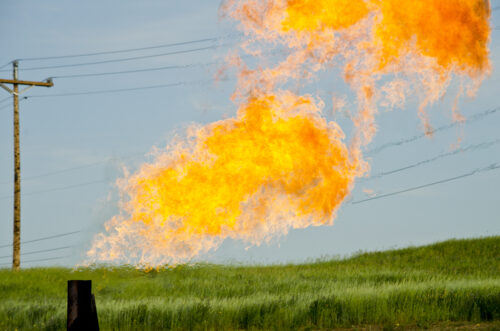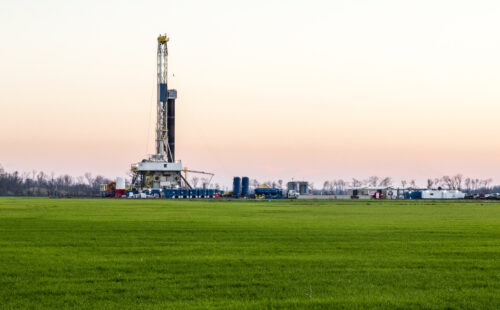Natural gas continues to be one of the most popular energy sources across the world. The largest component of natural gas is methane, a potent greenhouse gas with twenty-five times the global warming potential of carbon dioxide. Mining natural gas also results in leaks that pollute the atmosphere. However, the American public perceives natural gas and renewable energy sources, like wind and solar, similarly. This discrepancy motivated Karine Lacroix and researchers from the Yale Program on Climate Change Communication to study the American public’s perception of natural gas based on differing terminology, as well as the effect of political affiliation on perception.
The researchers asked over three-thousand volunteers to take a survey that questioned their perceptions of one of six terms: natural gas, methane gas, natural methane gas, methane, fracked gas, and fossil gas. The team chose terms based on their prevalence in media and everyday conversation.
Lacroix and her team found that the term “natural gas” was perceived most positively by a significant margin. Their findings also suggest that there is a general lack of knowledge about the ramifications of using natural gas. Partisanship also affected term perception, with Republicans holding more positive perceptions than Democrats.
Public opinion is an important driver for policy initiatives. To more accurately portray the downsides of natural gas in the public sphere, “climate communicators should refer to [natural gas] as methane gas,” Lacroix explained. Lacroix and her team look to continue their work in climate change communication as greenhouse gas emissions rise.


